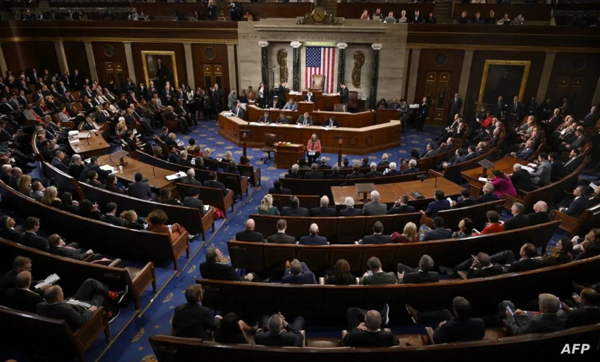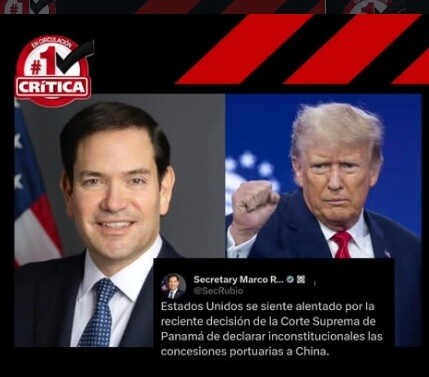
U.S. companies will no longer be required to disclose the identity of their ultimate beneficiaries, according to a recent decision by President Joe Biden's administration. This measure marks the end of a rule that had been established to increase transparency and prevent money laundering and corruption.
The rule in question, which was implemented during Donald Trump's administration, required companies to provide detailed information about the individuals who economically benefited from them. However, now, under the new administration, this rule has been repealed.
"This decision has generated controversy, as several sectors argued for maintaining transparency in companies' financial operations to combat illicit practices," commented a corporate law expert. Despite the criticisms, the Biden administration has argued that the measure aims to reduce regulatory burdens on companies and promote economic competitiveness.
The elimination of this rule has raised concerns among those advocating for financial transparency and the fight against corruption. However, for now, the decision has been made, and U.S. companies will no longer have the obligation to disclose who their ultimate beneficiaries are.














